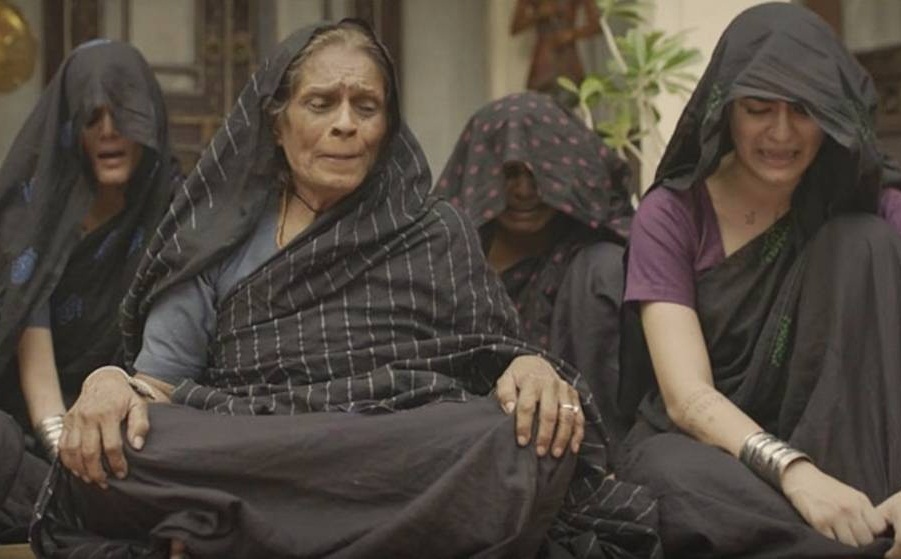Rudaalis Rajasthan: The women who cry and mourn as a profession

Published :
Updated :

Whenever someone thinks of the Indian state of Rajasthan, they automatically think of vast deserts, vegetarian food, and Rajput warriors. However, Rajasthan is not unique only in these ways; another Rajasthani tradition is unique, the presence of Rudaalis: women who make a living out of professional mourning, something that might seem quite bizarre to outsiders. For people from rural Rajasthan, it's an everyday norm.
Whenever there is news of a death in a traditional upper-caste family in some villages in the heart of rural Rajasthan, these women are invited to their homes. They beat their chests and wail as they have lost relatives themselves.
In most of the proceedings, the men of the house are present in front of them. However, the women are not, as it is considered a bad omen for them to be present in much of rural Rajasthan, as upper-caste women are supposed to remain veiled at the Havelis and not be allowed to show their emotions.
These mourners compensate for the lack of women's presence. The Rudaalis generally hail from lower castes and are not even allowed to have families of their own, lest one gets them out of the profession. The whole custom reeks of casteism and misogyny, something that can more accurately be described as a relic from the past.
Regarding this casteist tradition, Nidhi Dugar Kundalia, in her book The Lost Generation, quotes an upper-caste man from rural Rajasthan saying,
"We don't allow the women in our families to make a spectacle of themselves outside our homes."
High-caste women do not cry in front of commoners. Even if their husbands die, they need to preserve their dignity. These low-caste women, the Rudaalis, do the job for them.
"The whole village feels the loss. She represents their sadness."
The Rudaalis are often taken advantage of by these high-caste men, who often bear illegitimate children with them. The fate of these children, whether male or female, is not very good, as they don't get to bear the names of their fathers and, in most cases, do not even know their fathers.
The profession is not well paid either, and the Rudaalis continue their act for 12 days. If they surpass this mark, the concerned family is from a high socioeconomic background.
It has often been said that the Rudaalis have not found it hard to put up the act, as they derive much of the pain from their own life experience.
Although this is part of Rajasthan's folklore and heritage, such a misogynist and casteist custom is quite inconsistent with the 21st century.
rassiqakabir@gmail.com


 For all latest news, follow The Financial Express Google News channel.
For all latest news, follow The Financial Express Google News channel.